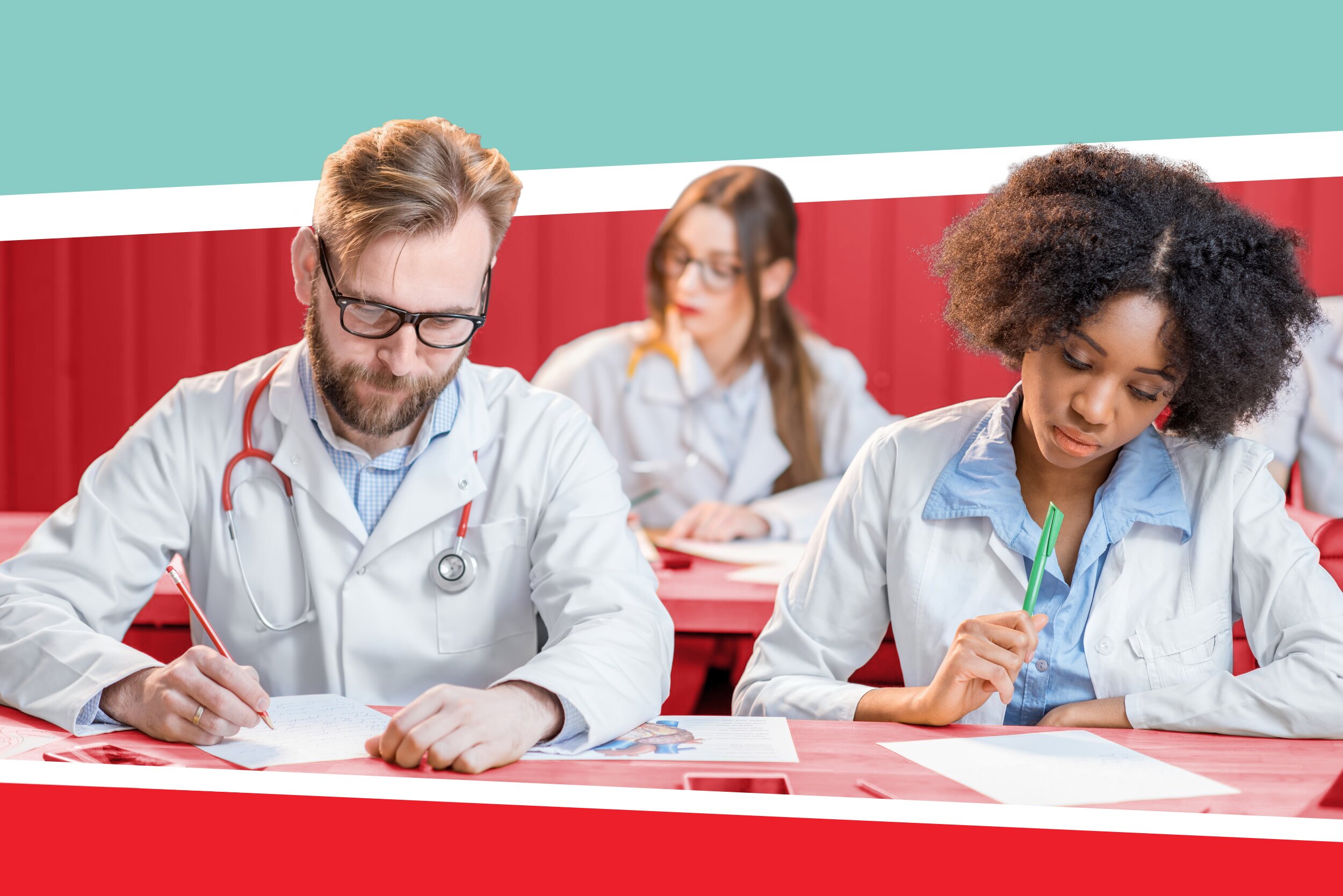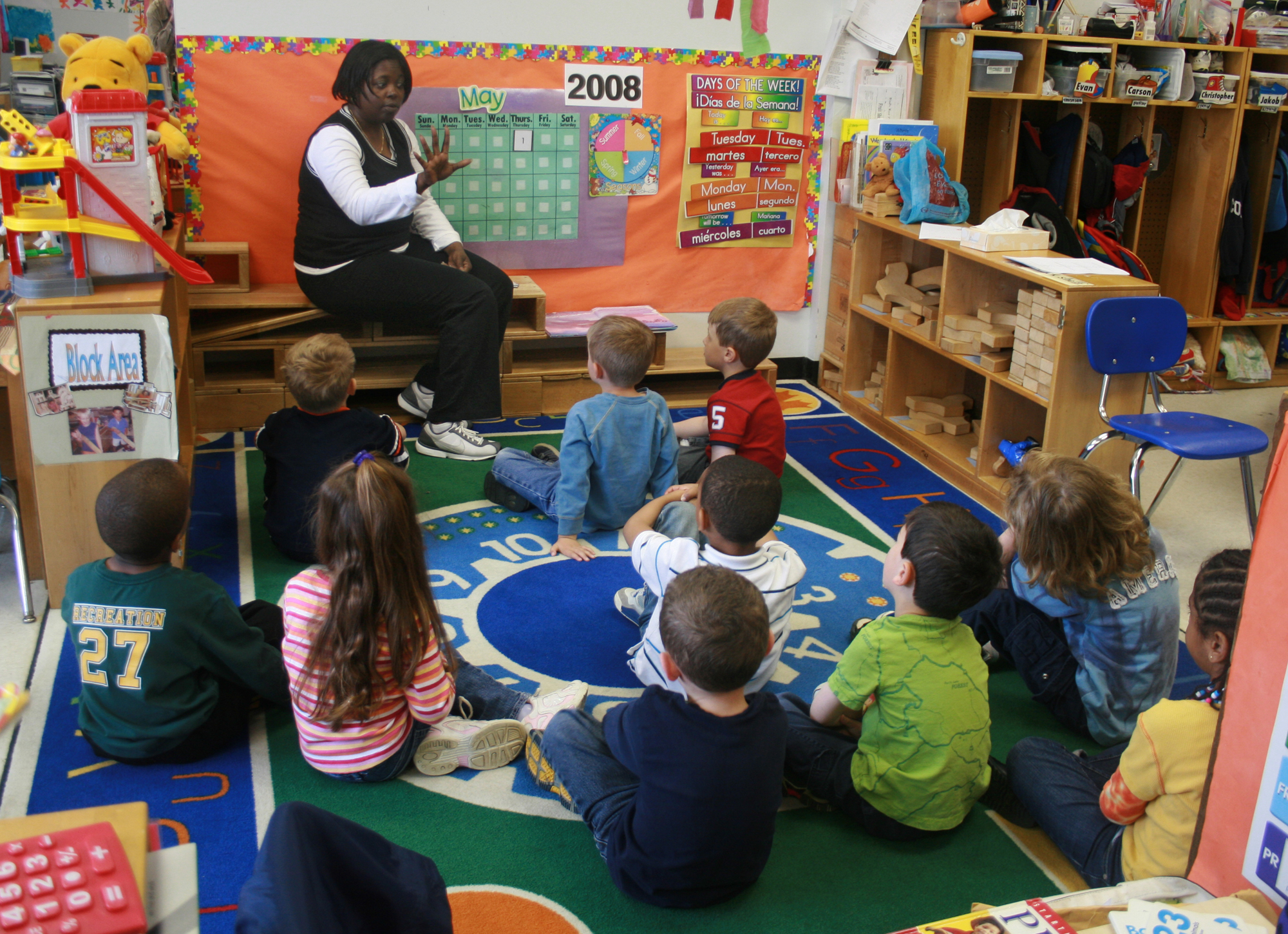Exactly How Schools Play a Crucial Role in Shaping Future Leaders and Innovators
Colleges contribute fit future leaders and pioneers with the growing of important reasoning, creative thinking, and cooperation. By incorporating project-based discovering and interdisciplinary research studies, academic organizations challenge pupils to examine and synthesize complex details. Educators serve as mentors, leading pupils and supporting their capacity, while extracurricular activities further create leadership abilities and strength. This dynamic atmosphere not only concentrates on private strengths but also stresses the significance of team effort, important for browsing tomorrow's obstacles. How specifically do these elements interplay to develop a robust foundation for future success?
Fostering Important Thinking
In today's rapidly developing globe, cultivating critical believing within schools has come to be extremely important. As society grapples with progressively complicated worldwide obstacles, the ability to evaluate, examine, and manufacture details is essential. Colleges play an essential role in developing these abilities, preparing students to navigate and resolve multifaceted problems with informed, reasoned decisions.
To cultivate vital reasoning, teachers utilize numerous instructional techniques that encourage energetic knowing and intellectual interaction. Classroom discussions, problem-based knowing, and Socratic questioning contribute in advertising analytical and reflective mind. By challenging pupils to interrogate assumptions and think about multiple point of views, these techniques make certain a deeper understanding of subject past memorizing memorization.
Furthermore, integrating vital thinking throughout the curriculum strengthens its relevance and applicability in diverse contexts. Topics such as maths, scientific research, background, and literary works each deal one-of-a-kind chances to establish students' critical professors. For circumstances, examining historical occasions calls for examining sources and recognizing context, while clinical inquiry needs extensive hypothesis testing and evidence-based reasoning.
Inevitably, instilling essential believing abilities in students equips them with the cognitive tools essential for long-lasting discovering and adaptability. It is through this foundational capability that future leaders will certainly have the ability to introduce, address troubles, and contribute meaningfully to culture.
Urging Creativity
Embracing creativity within academic frameworks galvanizes students to believe past traditional borders and explore ingenious remedies. By integrating artistic ventures and creativity exercises into the curriculum, institutions cultivate an environment where originality and creative thought are valued. This approach not only enriches the educational experience but likewise furnishes pupils with the capability to take on real-world obstacles in novel methods.
Educational organizations can promote creative thinking through varied methods such as project-based learning, interdisciplinary researches, and the unification of arts and modern technology. Project-based learning, for example, encourages pupils to use their knowledge in useful, usually joint, jobs that require innovative analytic skills. Interdisciplinary studies permit trainees to attract connections in between various subjects, consequently widening their viewpoints and boosting their imaginative capacities.
In addition, providing students with opportunities to engage with emerging technologies, such as coding and digital style, additionally nurtures their innovative capacity. These tasks prompt students to experiment, fail, and iterate, which are critical elements of the innovative process (Save Temecula Schools). By preserving a helpful setting where trial and error is urged, institutions can guarantee that students develop the self-confidence to seek ingenious concepts
Essentially, supporting imagination in instructional setups is indispensable for shaping future leaders and trendsetters with the ability of dealing with complex global issues with resourcefulness.
Promoting Cooperation

Applying group-based knowing components and cooperative jobs enables students to experience the dynamics of teamwork firsthand. This not just prepares them for the collaborative nature of contemporary offices however likewise nurtures management top qualities as they often need to take on roles such as project supervisors or team coordinators. Additionally, cooperation in the class can damage down social obstacles and promote inclusivity, making sure that each trainee really feels valued and listened to.
Additionally, incorporating innovation can even more support joint efforts. Tools like shared interactive platforms and electronic work spaces enable pupils to interact successfully, also outside the classroom. As trainees create these collective Go Here abilities, they are better geared up to tackle complex difficulties and innovate, laying the groundwork for their future duties as leaders and innovators.
Function of Educators as Mentors

Mentorship includes personalized focus, where educators identify and support individual strengths and address weaknesses. Save Temecula Schools. Via one-on-one interactions, instructors can customize their guidance and assistance to meet each student's one-of-a-kind needs, promoting a feeling of self-confidence and resilience. This tailored method grows a growth frame of mind, urging students to see failings as possibilities for learning and growth
Furthermore, instructors offer as role designs, demonstrating the values of willpower, stability, and compassion. Their actions and perspectives offer a blueprint for trainees to replicate, instilling a sense of honest obligation and social awareness. By producing a comprehensive and supportive classroom atmosphere, teachers allow students to create interpersonal abilities that are important for efficient leadership.
In essence, the browse around this web-site mentorship supplied by educators lays a fundamental structure for the growth of future leaders, outfitting them with the expertise, abilities, and worths required to succeed in an ever-evolving globe.
Impact of Extracurricular Tasks
When integrated properly into the academic framework, after-school activities dramatically enhance student growth and management potential. These tasks supply students with possibilities to explore interests past the conventional curriculum, cultivating a well-rounded capability. Clubs, sporting activities teams, and arts programs cultivate vital high qualities such as synergy, time administration, and durability. Engagement in these activities often requires trainees to handle duties, thus supporting their leadership abilities.
Students involved in dispute, music, or drama clubs learn to think seriously and technique problems from varied viewpoints. By teaming up with peers from various backgrounds, pupils also create compassion and communication abilities, vital qualities for future leaders.
Research suggests that pupils involved in such programs often tend to have higher qualities and better attendance records. Hence, institutions that prioritize a balanced strategy to education, integrating durable extracurricular programs, are much more likely to produce trendsetters and leaders geared up to satisfy the obstacles of the future.

Verdict
Finally, colleges substantially form future leaders and trendsetters by nurturing essential thinking, creativity, and collaboration among trainees. Engaging instructional strategies such as project-based discovering and interdisciplinary researches play a crucial function in this advancement. Educators, acting as advisors, give important support and support, while after-school activities additionally enhance management possible and resilience. By cultivating an encouraging environment that values private toughness and teamwork, schools gear up pupils with the required skills to navigate future challenges and drive technology.
As students develop these joint abilities, they are better furnished to deal with complicated obstacles and innovate, laying the foundation for their future functions as pioneers and leaders.
By promoting vital reasoning and analytic skills, teachers aid students browse complicated challenges, preparing them for leadership roles in numerous fields.
By working together with peers from different histories, trainees additionally establish empathy and interaction abilities, crucial qualities for future leaders.
In conclusion, institutions substantially shape future leaders and pioneers by supporting crucial reasoning, imagination, and collaboration among pupils. By promoting an encouraging setting that values specific toughness and synergy, colleges gear up pupils with the necessary skills to navigate future challenges and drive innovation.
Comments on “Fundraising Concepts to Conserve Temecula Schools and Programs”